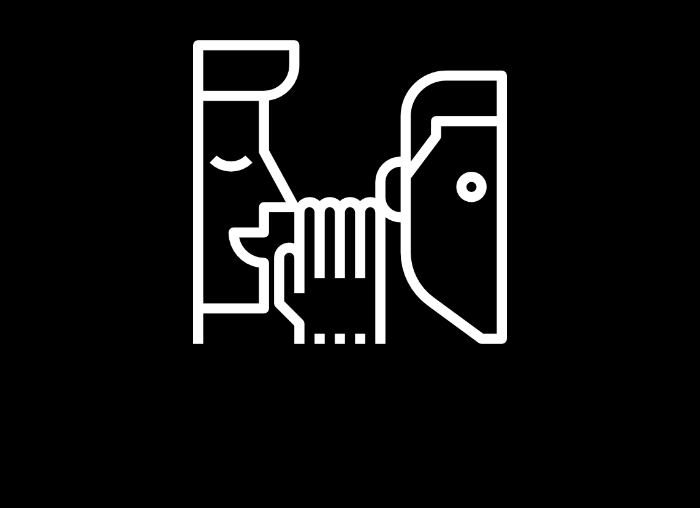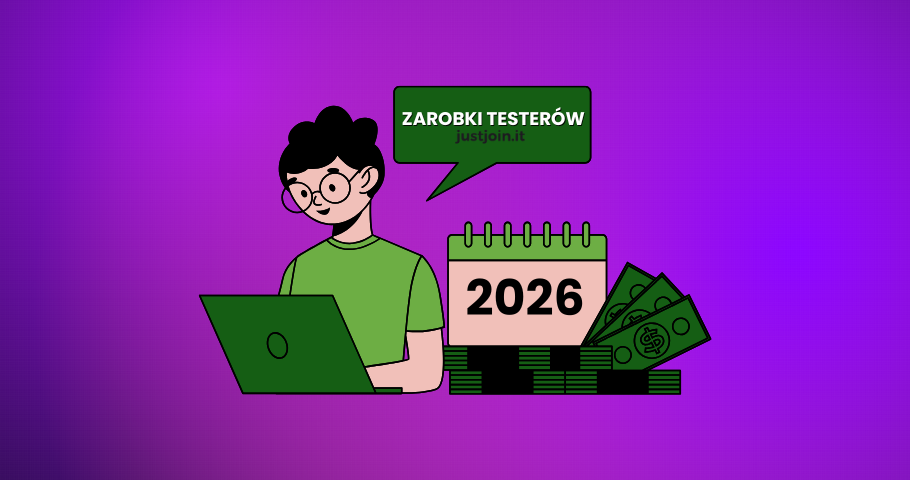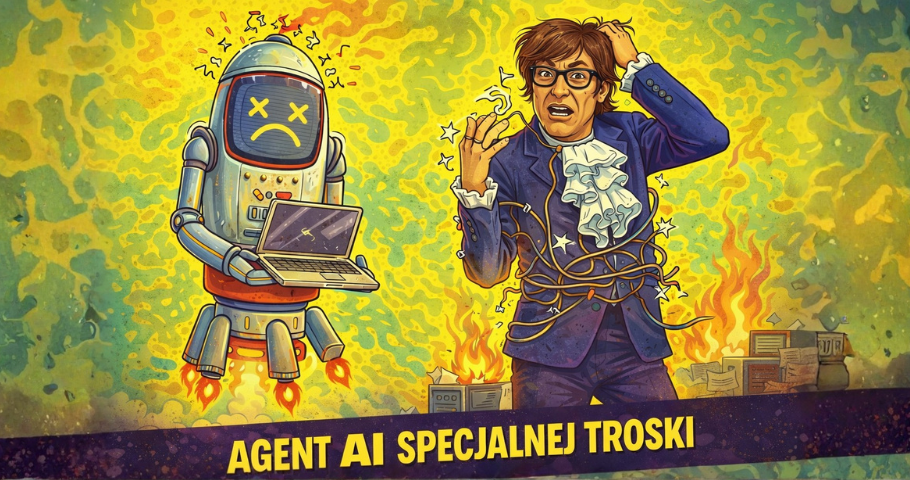Adam w swojej pracy stosuje badania naukowe i niczego nie przyjmuje bez dowodu. Otwarcie neguje "prawdy objawione" testerskich autorytetów i w świat testowania wprowadza elementy logiki tak rzadko (niestety) tu spotykane.
W 2017 roku zrobił co nieco jako autor książek i warto wspomnieć, że poprawił oraz uzupełnił swoją kultową już książkę "Testowanie i jakość oprogramowania" oraz zredagował drugą część dobrze przyjętego "Testowania oprogramowania w praktyce". Przygotował również merytorycznie konferencję TestWarez, której agenda została dobrze oceniona. Oprócz tego ciągle jest kierownikiem studiów podyplomowych z testowania na Uniwersytecie Jagiellońskim i pracuje jako trener ISTQB m.in. dla testerzy.pl.
W prywatnej rozmowie Adam Roman zdradził, że w planach na 2018 rok ma badania akademickie dot. zwiększania kreatywności testerów, a także zaangażowanie w działania ISTQB, a konkretnie prace nad poprawą słownika.
Wszystko to jednak blednie w obliczu tego, że na przełomie lutego i marca wydawnictwo Springer opublikuje nową książkę Adama Thinking-Driven Testing: The Most Reasonable Approach to Quality Control. Będzie to pierwsza od ponad 10 lat angielskojęzyczna książka o testowaniu napisana przez polskiego autora. Poprzednia książka została napisana przez nieodżałowanego Adama Kolawę ("Automated Defect Prevention: Best Practices in Software Management").
Podstawowe założenia książki zostały przedstawione podczas TestingCup 2016 w prezentacji "TDT - jedyne słuszne podejście do testów".
Więcej o książce możemy dowiedzieć się z notki redaktorskiej:
This book presents a new paradigm of software testing by emphasizing the role of critical thinking, system thinking and rationality as the most important skills for the tester. It thus approaches software testing from a different perspective than in past literature, as the vast majority of books describe testing in the context of specific tools, automation, documentation, particular test design techniques or test management. In addition, the book proposes a novel meta-approach for designing effective test strategies, which is based on recent advances in psychology, economics, system sciences and logic.
Chapter 1 starts by introducing the fundamental ideas underlying software testing. Chapter 2 then describes meta-strategies in software testing, i.e. general approaches that can be adapted to many different situations that a software tester encounters. Next, Chapter 3 presents the concept of Thinking-Driven Testing (TDT). This approach utilizes the concepts discussed in the two previous chapters and introduces the main ideas that underlie a reasonable and optimal approach to software testing. Chapter 4 builds on this basis and proposes a specific approach to testing, called TQED, that makes it possible to increase creativity in the context of delivering effective, optimal test ideas. Chapter 5 provides an overview of different types of testing techniques in order to understand the fundamental concepts of test design, while Chapter 6 details various pitfalls a tester may encounter and that can originate from a wide range of testing process areas. Lastly, Chapter 7 puts all this into practice, as it contains several exercises that will help testers develop a number of crucial skills: logical thinking and reasoning, thinking out of the box, creativity, counting and estimating, and analytical thinking.
By promoting critical, rational and creative thinking, this book invites readers to re-examine common assumptions regarding software testing and shows them how to become professional testers who bring added value to their company.
Po mocno osadzonej w ISTQB publikacji "Testowanie i jakość oprogramowania" mamy odwołanie do drugiej najważniejszej szkoły testowania - Context-Driven School. Promuje ona szerszą perspektywę testowania rozszerzoną o myślenie krytyczne i poprawę testowania poprzez analizę innych dziedzin. Dla nas jest to najbardziej oczekiwana książka 2018 roku.
Chcemy, abyście wraz z nami wyróżnili wybitnych testerów. Dajcie znać, kto Waszym zdaniem przyczyni się do rozwoju testowania w 2018 r. Chcemy, abyście przesłali opis doświadczeń i działań nominowanej osoby wraz z uzasadnieniem. Na Wasze zgłoszenia czekamy do końca stycznia 2018 pod adresem redakcja@testerzy.pl.
Do tej pory wyróżniliście wraz z nami następujące osoby:
 Redakcja
Redakcja














